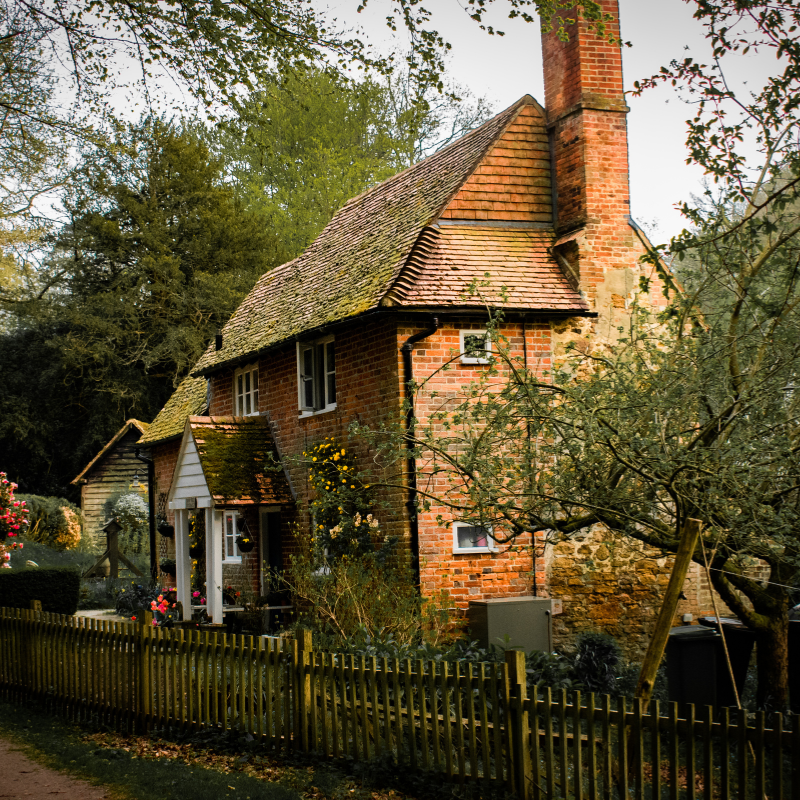The Great Escape: Your Guide to Moving Out of the City
- dorsetcountrylife

- Aug 22
- 3 min read
This is a collaborative post.
You've probably thought about it. Packing up, leaving the city behind, finding space, air, and maybe a garden. It’s a move more and more people are making. Some just simmer on it, some with big plans. There’s no single reason—it could be work flexibility, the cost of living, or just time for a change.
Whatever’s pulling you out, here’s what’s worth knowing before you go.

Understanding the Motivations
People are leaving the city for all kinds of reasons. Some want a bigger home. Others are looking for a slower pace or better access to the outdoors. There’s also the practical things—schools, lower crime rates, less traffic.
Remote work changed the rules. If you can keep your job without the commute, it opens up places you might not have considered before. Commuter towns, quiet villages, market towns with decent rail links—these are all getting a second look.
Moving out isn’t always about reinvention. Sometimes it’s about getting back to what works for you and your family.
Evaluating the Financial Trade-Offs
Life outside the city can cost less. But not always. Some things shift. Others add up in new ways.
Here’s what to think about:
Transport: If you still need to be in the city often, travel costs matter. Rail season tickets, fuel, parking—they can become regular expenses.
Utilities and upkeep: A bigger place, especially with outdoor space, can mean higher bills. More heating. More roof to fix.
Access to services: Supermarkets, doctors, nurseries—how close are they? And what happens when you need them urgently?
It’s a good idea to map this out in real numbers. Write it down. Compare it against what you’re spending now.
Selecting the Right Location
Every move has a context. Some people want quiet. Others need good broadband. Maybe it's about schools. Maybe it’s proximity to aging parents. Whatever the case, picking a location isn’t just about charm.
Try this approach:
Working from home? Check fibre coverage and mobile signal.
Got kids or planning to? Look into local schools and after-school options.
Thinking long-term? Consider healthcare, walkability, and the availability of trades and services.
Not sure yet? Renting first in the area can help you understand the rhythm of a place before buying.
It’s also useful to talk to people who live there. Ask what they like—and what surprised them.
Navigating Property Sales and Lettings
Once you’ve narrowed things down, the real logistics kick in. If you're selling in the city and buying somewhere else, timing matters. These markets often move at different speeds.
That’s where some professional advice helps.
Specialists like ST Properties Estate Agents, property sales & lettings provide services in residential sales, lettings, and property management. You will need a personal and responsive experience, offering tailored, high-quality support specifically for your needs.
Legal and Logistical Considerations
It’s not just about swapping flats for cottages. Rural properties come with their own set of practical details.
Things to check:
Title and land use: There might be shared driveways, agricultural clauses, or restrictions on what you can build.
Water and waste: Some homes aren’t on mains water or sewage. Septic tanks and boreholes need inspecting and maintaining.
Planning rules: Extensions and outbuildings are often governed by different rules than in the city. Local authorities vary a lot.
Before making an offer, get a full survey. A proper one. Not just a basic valuation.
Final Notes
Moving out of the city doesn’t have to be a leap. It can be a well-paced shift, shaped by what matters most to you now. Some parts are straightforward, others take a bit more planning. But with clear thinking, good advice, and a bit of patience, the pieces tend to line up. Eventually, they just fit.

















Comments